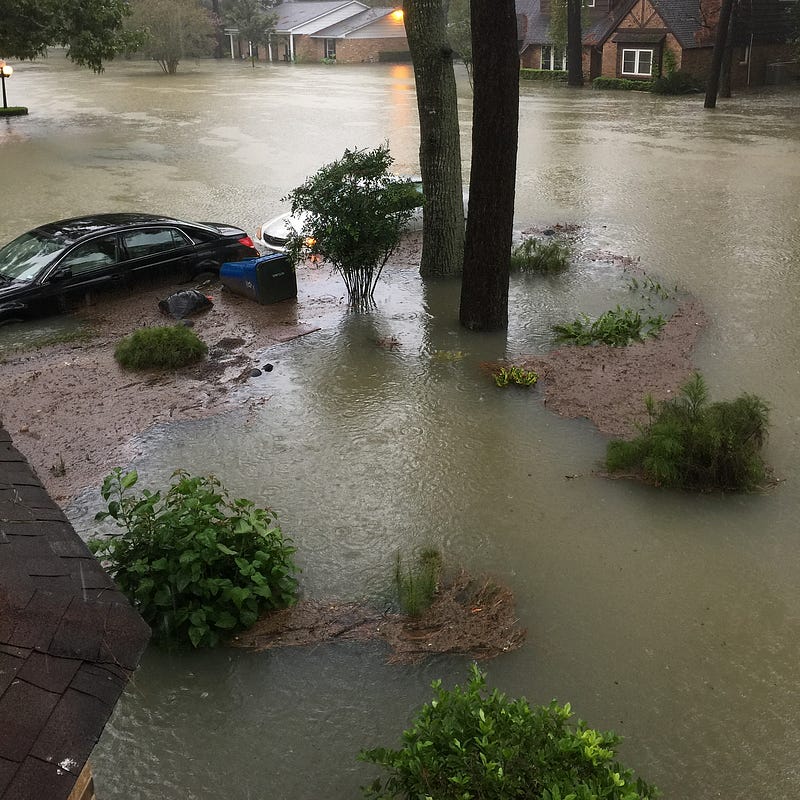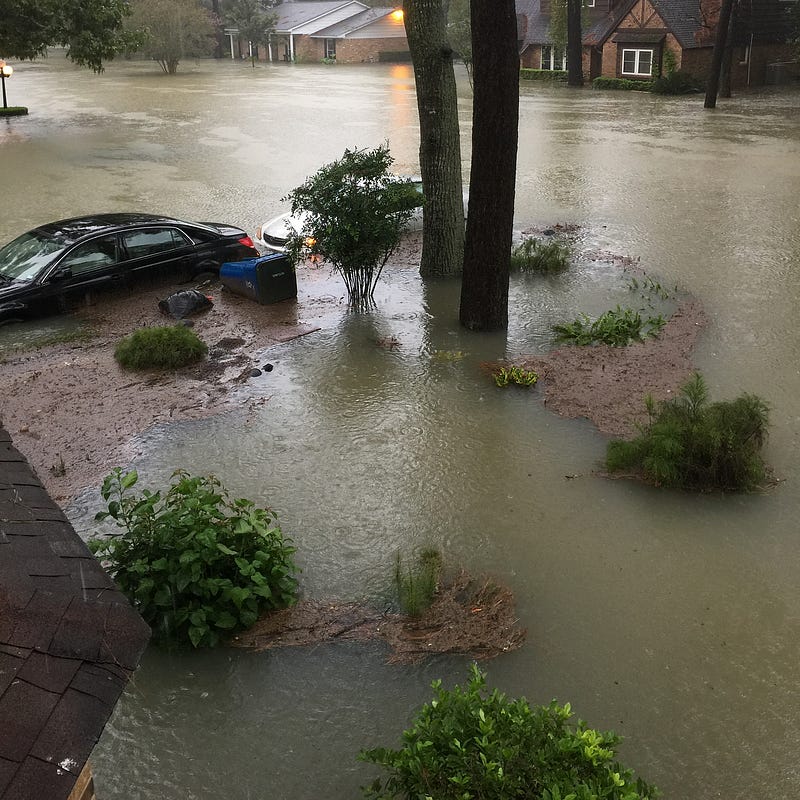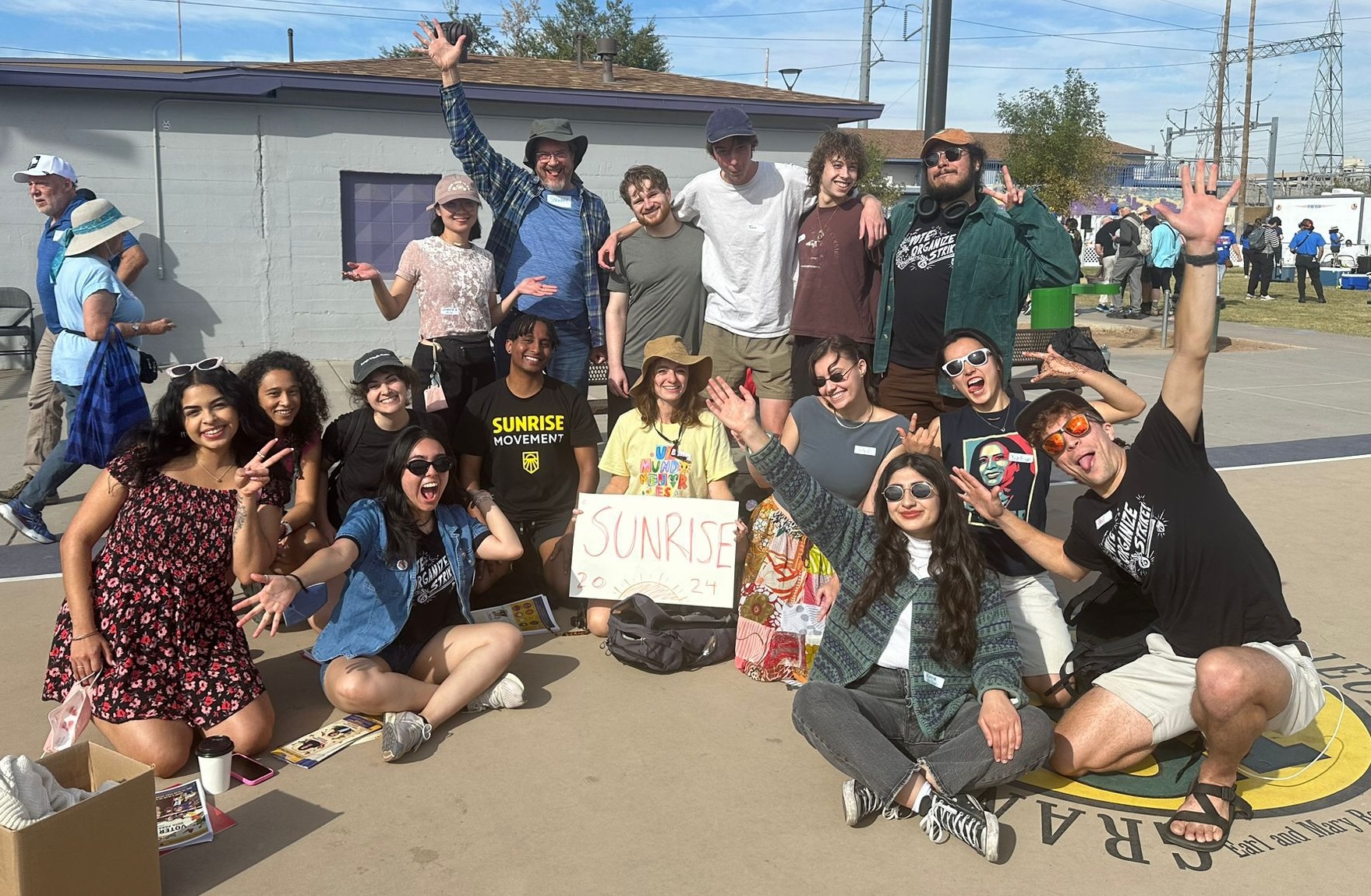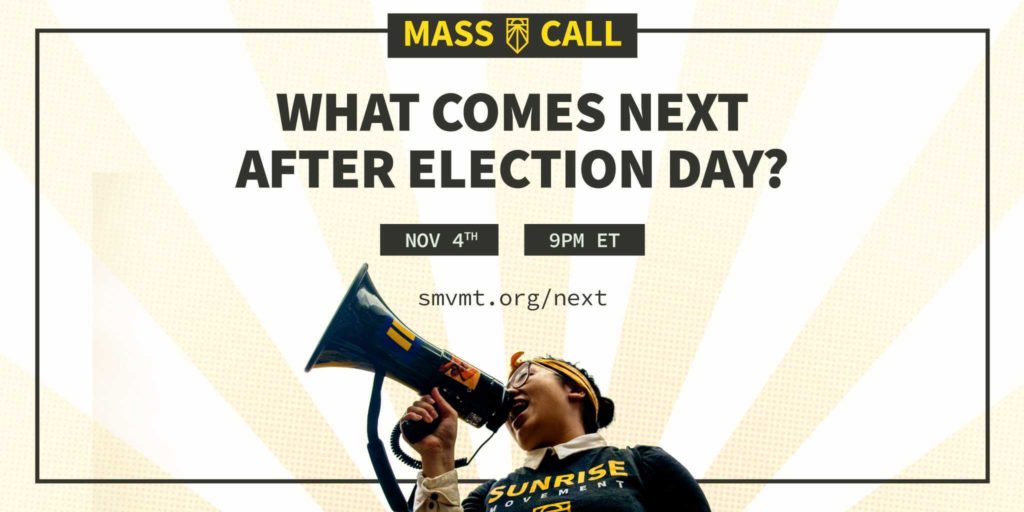Credit: Ify Echetebu on Instagram
What I saw when Harvey hit my hometown
By Sunriser in Houston
I admit I was a skeptic of Hurricane Harvey’s true impact when I first heard about it two weeks ago. After all, Houston is known to be a rainy city, and it does experience frequent floods throughout each year and stands through it all. I and many other Houston residents who shared the same sentiments calmly went to sleep on that Friday night, not knowing of the devastating impact that was to come.
We woke up that Saturday to flooded streets and homes, submerged cars and news of high-water rescues after Harvey dumped between 15 to 30 inches of rain on the city overnight. My cousin woke up in a flooded hotel room while a close friend tried to laugh off the shock of having her home inundated with water. My aunt called in at five o’clock in the morning, crying and screaming as she watched the car and home she saved her entire career to buy quickly fill with water.
Fortunately, I was not affected by the flooding, so I spent my time volunteering at three different shelters in the city, collecting stories as I went by. Here’s some of what I saw and overheard.
‘Devastating’
Ify Echetebu took to Instagram to post photos of her aunt’s house in Dickinson, Texas, southeast of Houston.
“The severity of the situation just hit me,” she wrote. “I’m overcome with grief due to how helpless I feel in all of this. This is truly devastating.”
‘Never Thought This Would Happen’
Another man living near downtown did not expect the storm to impact him, as his neighborhood had never flooded before. “I never thought something on this scale would happen, so I decided to take a nap on the couch, and when I woke up the water was up to my chin,” he explained “at that point I lost all my senses and just escaped by jumping through my open window.”
“My wife and daughter went on vacation and are now stuck in Amsterdam, which was only supposed to be an hour long layover for them.” More than 9,300 flights have been canceled to and from Houston’s major airports — George Bush Intercontinental Airport and William P. Hobby Airport — since the storm made landfall on Friday.
Send Some Boats
Janet Castillo and her family found themselves walking through knee-deep water Sunday morning. Her husband Luis posted a video to Facebook of the water collecting in their home.
“We had about five inches of rain inside the house, and we live at the highest point of the street. However, outside it was about two to three feet of rain, and we had to get on the roof to signal the rescue boats our way.”
Houston Lends a Helping Hand
Houston is the country’s most diverse major city. It’s also a city of stupefying inequality, with a widening income gap, and clear lines between those who have and those who don’t.
This inequality will lead to serious challenges in the days ahead. The city’s air pollution, a crisis on a good day, was exacerbated by the storm’s damage to oil refineries and by explosions at a chemical factory. Real action must be taken to curtail the city’s vulnerability to climate change. And our undocumented residents, who are essential to the city’s foundation, have been and will continue to be persecuted by federal and state law. Over the next few months, our city will have to protect vulnerable populations, whether they’re queer or straight, brown or black or white, undocumented or documented.
But I’m finding inspiration in the way that ordinary people banded together, across all our differences, to help each other out. For a city as fragmented as ours, Harvey could’ve completely broken us. Instead, the opposite happened.
The people I met at shelters and on boats, and the folks in line waiting to volunteer weren’t asking where the evacuees came from, or who paid what for where. They just wanted to help.
I asked a man who was driving his boat full of evacuees downtown what had brought him out to help, and he told me it was because his family had been spared. A nurse outside of a shelter who was shepherding a group of mentally ill evacuees said to me that she had lost everything, but volunteers on a boat had evacuated her from her house, so she had to pay it back.
We had college kids evacuating homeless residents in wheelchairs through Hermann Park, and the Chinese Community Center housed as many as possible before it, too, flooded. And then there were the neighborhood churches and high schools with piles of snacks and toys, and the neighbors walking and driving and wading to help.
When I was outside of the convention center a few days ago, a bunch of trucks dropped off groups of volunteers with backpacks. There were teenagers in sweatpants, and uniformed officers, and doctors and lawyers and gas-station clerks, and a group of high-school-age girls stood among them. They were a diverse crew, with snapbacks and hijabs and purple hair.
The group of girls wandered over to another volunteer herding traffic. They asked her how they could help, and told her they needed to be here. She nodded at them; they nodded back. She led them inside to see what they could do.






